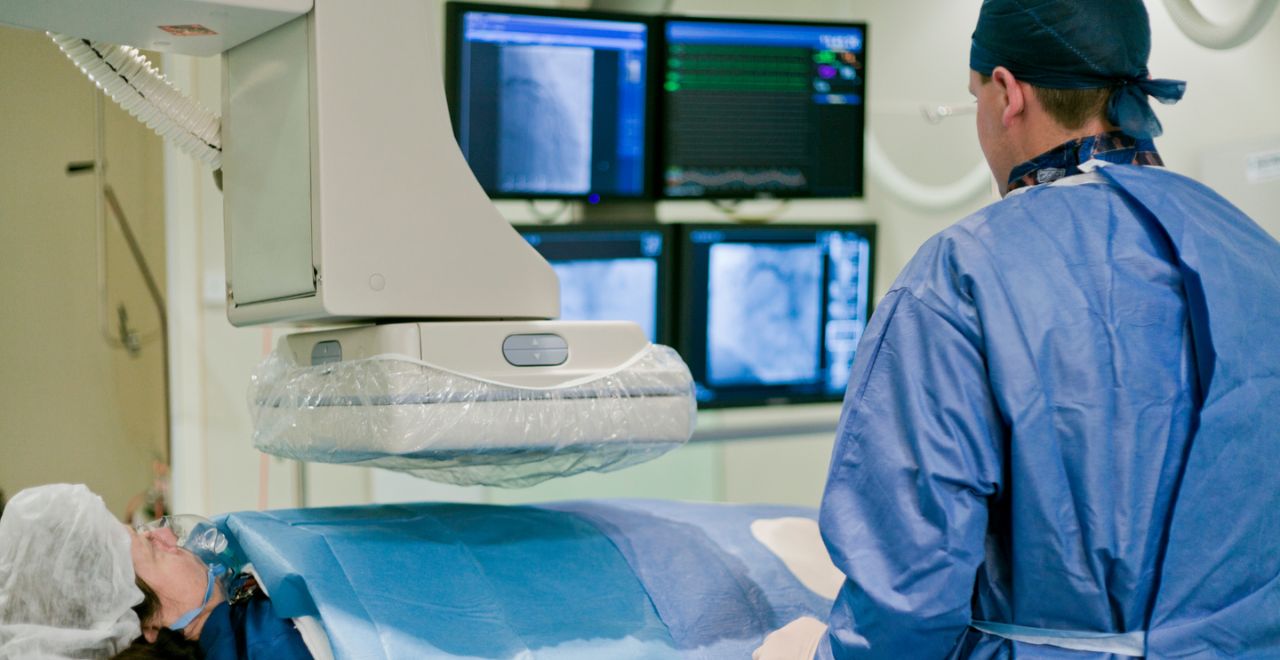“Green Surgery” Report: How the UK is Making Operating Rooms More Climate-Friendly
“While climate change threatens human health, healthcare paradoxically contributes to this problem.”
The Brighton & Sussex Medical School, the Centre for Sustainable Healthcare, and the UK Health Alliance on Climate Change have released a report providing a comprehensive insight into the relationship between healthcare and climate.
The report reveals that surgical procedures are among the largest individual contributors to the resource consumption of the healthcare system, accounting for approximately 27% of the financial expenditure of NHS England and an estimated 5.7 million tonnes of CO2eq per year.
Summarizing current findings and offering a wealth of recommendations, the report does not overlook the topic of Medical Remanufacturing. Medical and ancillary products, especially single-use items, significantly contribute to emissions in the operating room.
The manufacturing and distribution of medical materials significantly contribute to global healthcare-related greenhouse gas emissions. However, healthcare professionals and procurement teams can influence these emissions. Existing solutions include applying circular economy principles to reduce the carbon footprint through remanufacturing.
The circular economy concept advocates that products, at the end of their useful life, should become raw materials for other products, rather than becoming waste. This approach maximizes resource and energy utilization, following the principles of Reduce, Reuse, Renew, and Recycle.
Several studies have demonstrated that remanufacturing leads to a reduction in carbon emissions, reaching up to 50% in the case of electrophysiology catheters, for example. Remanufacturing offers a lot benefits: the report indicates its economic viability for hospitals, especially when products can be refurbished multiple times.
Sources:
Case Study – Remanufacturing EP Catheters, James Elliot, Barts Health NHS Trust
Case Study – Remanufacturing EP Catheters, Nicola Hill, Leeds General Infirmary
Case Study – Remanufacturing EP Catheters, Becky Whiteway, Royal Devon University Hospital




